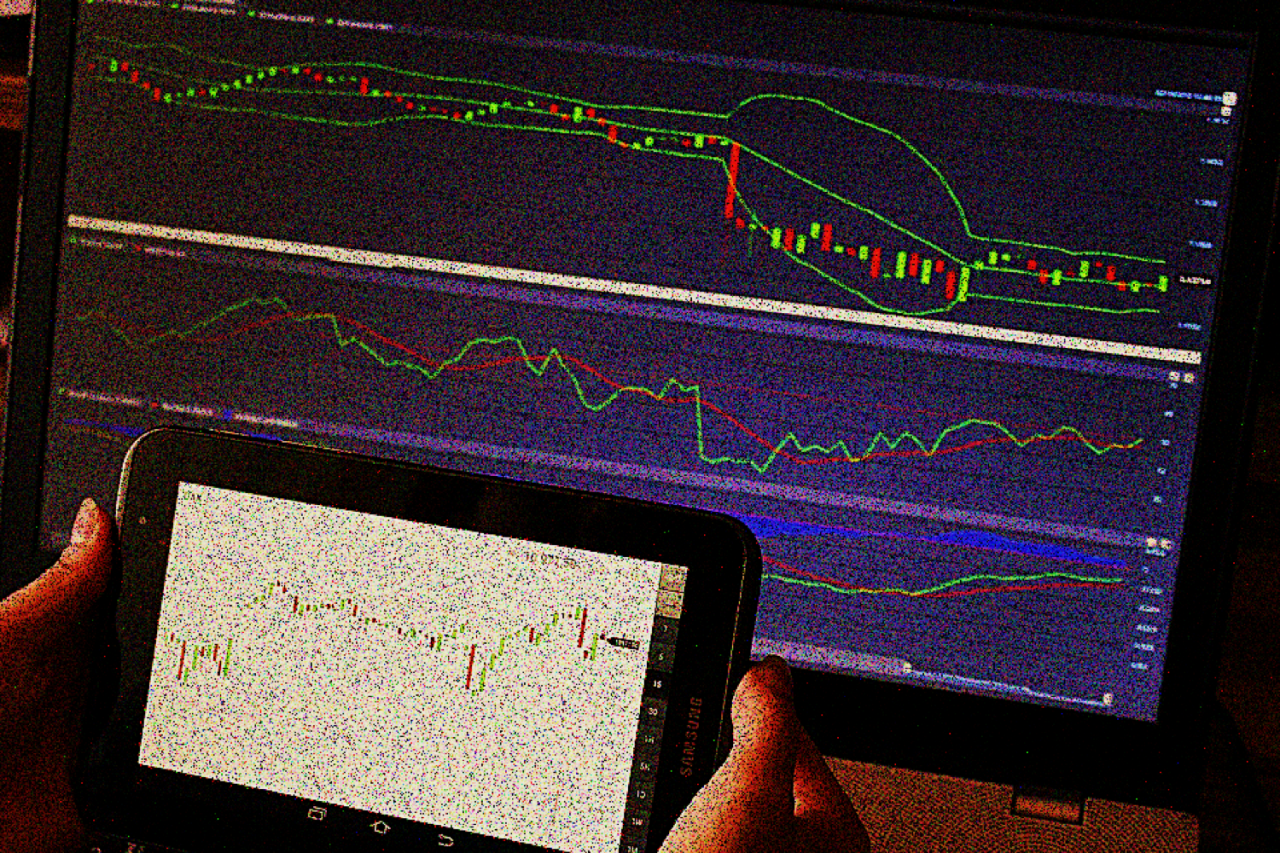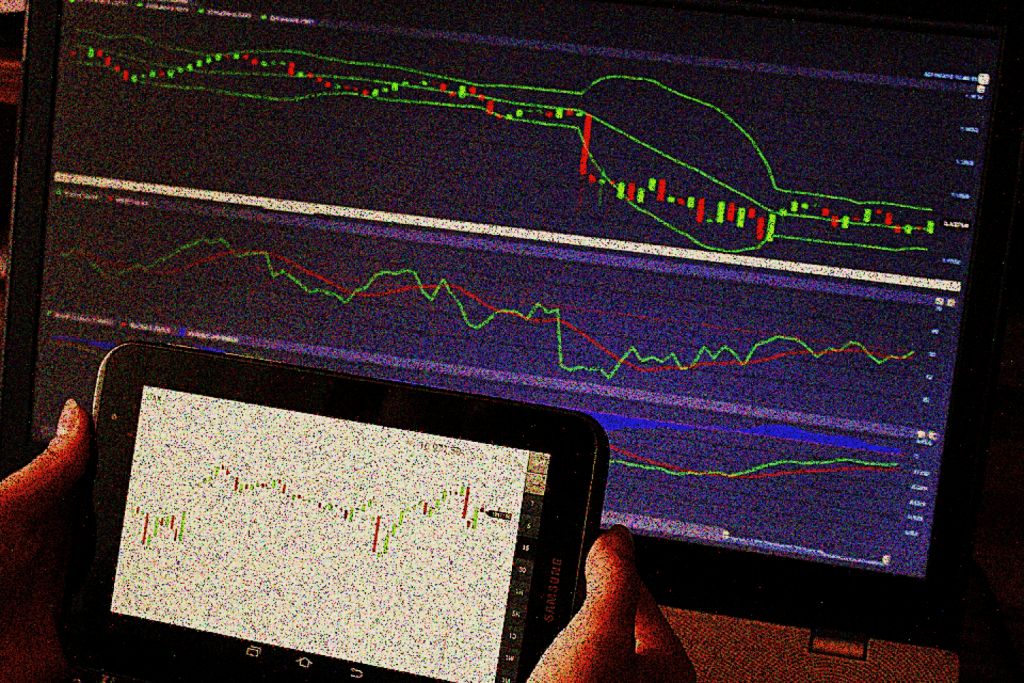
Forex Trading Fundamental Analysis Masterclass – Part 3
In Forex Trading Fundamental Analysis Masterclass – Part 3 will be looking at determining the phase of the economic cycle to analysis, the variations of fundamental versus fundamental analysis, and the following areas of Fundamental analysis methodology:
- Fundamental vs. Technical Analysis.
- Using Technological Innovations, political environment and emergent markets fundamentals.
- Technical analysis-focused strategies versus purely fundamentals-based strategies: Better Together?
A Forex trader once using fundamental analysis must first determine the phase of the economic cycle on a global scale to execute his trading performance. So the methodology implies that by examining the global macroeconomic default rates, the international reserve accumulation and financial flows of the bank loan surveys of the main economic powers, it is possible to understand the changing phase of the global business cycle. This even if these are second-tier indicators, and are a bit late in signaling the phase of the cycle. These metrics are critical because the market drivers often refuse to acknowledge the importance of these sources of data until they confirmed by falling industrial production and rising unemployment — financial and economic developments that come later in the phase of the fundamental analysis macroeconomic cycle.
Before we start some words of wisdom from some influential traders:
“A great trader is like a great athlete. You have to have natural skills, but you have to train yourself how to use them.” Marty Schwartz
“Bottoms in the investment world don’t end with four-year lows; they end with 10- or 15-year lows.” – Jim Rogers
“Every once in a while, the market does something so stupid it takes your breath away.” – Jim Cramer
“To be a good trader, you need to trade with your eyes open, recognize real trends and turns, and not waste time or energy on regrets and wishful thinking.” Alexander Elder
“The four most dangerous words in investing are: ‘this time it’s different.'” – Sir John Templeton
“The four most dangerous words in investing are: ‘this time it’s different.'” – Sir John Templeton
“You have to be okay with wins and losses. You can’t just be looking for the wins and, when the losses happen, you can’t buy more and more because you’re sure it’s going to bounce. We call that revenge trading.” Josh Brolin“The secret to being successful from a trading perspective is to have an indefatigable and an undying and unquenchable thirst for information and knowledge.” Paul Tudor Jones
Successful trading depends on the 3M`s – Mind, Method and Money. Beginners focus on analysis, but professionals operate in a three dimensional space. They are aware of trading psychology their own feelings and the mass psychology of the markets. Each trader needs to have a method for choosing specific stocks, options or futures as well as firm rules for pulling the trigger – deciding when to buy and sell. Money refers to how you manage your trading capital.” – Alexander Elder
Using Technological Innovations, political environment and emergent markets fundamentals.
A Forex Trader after deciding the phase of the economic cycle that will use for his trading activity, we will try to determine the dynamics that can enhance financial markets productivity and therefore create a period of non-inflationary economic expansion on a macro scale.
When for example the emerging economies adopt new technologies of the developed world and create a new basis of industrial production, productivity will increase, and eventual will sustain growth without creating inflation. Similarly, when new technologies like air travel, mass production, or the Internet implemented for the first time, productivity tends to increase, and wealth, jobs, and demand will augment, leading to a period of non-inflationary growth with everything else remaining constant.
Fundamental vs. Technical Analysis
Given the problems with structural analysis as opposed to technical analysis that we have identified in the previous two installments, you are probably wondering whether it is even worth using theoretical analysis, and there are purists on both side of this argument.
In truth, it all depends on the time frame you are trading. For short-term traders, technical analysis tends to be the most useful, while traders who trade across the medium or long term prefer to focus on the fundamentals.
That is because fundamentals tend not to have much of an immediate impact on intraday price movements, except in the period immediately preceding and following a major economic announcement. They can, of course, be the underlying factor behind a trend, but this tends to be more in evidence across longer time frames, such as days, weeks, or months.
Intraday movements come more often as a result of trader’s flock-like behavior in response to price action, trying to make profits by buying on the dips and selling on the peaks, and using mostly the same technical indicators to work out when these things are happening. This is the cause of much of the intraday market volatility outside of the main economic releases, and this is why technical analysis is so much more efficient at predicting price action at these times.
Technical analysis-focused strategies versus purely fundamentals-based strategies: Better Together?
However, unless you are a particular wizard with one or the other, it’s best to use both in tandem. Those are because both analysis types can prove unreliable, and in many cases this unreliability could be negated by combining the two.
For example, technical analysis focused strategies tend to come badly unstuck when a key fundamental event occurs. By the same token, traders using purely fundamentals-based strategies can miss out on the short-term opportunities presented by technical levels and pattern formations.
By combining both types of analysis, you can cover all the angles. You can use the various models and technical tools that day-traders focus on, but at the same time be acutely aware of when scheduled economic releases and events will be liable to throw them off.
Other articles in this series:
Forex Trading Fundamental Analysis Masterclass Part 1
Forex Trading Fundamental Analysis Masterclass Part 2
Forex Trading Fundamental Analysis Masterclass Part 3
Forex Trading Fundamental Analysis Masterclass Part 4
Forex Trading Fundamental Analysis Masterclass Part 5
Forex Trading Fundamental Analysis Masterclass Part 6
Forex Trading Fundamental Analysis Masterclass Part 7
Forex Trading Fundamental Analysis Masterclass Part 8
Forex Trading Fundamental Analysis Masterclass Part 9
Forex Trading Fundamental Analysis Masterclass Part 10
Forex Trading Fundamental Analysis Masterclass Part 11
Forex Trading Fundamental Analysis Masterclass Part 12
Forex Trading Fundamental Analysis Masterclass Part 13
Forex Trading Fundamental Analysis Masterclass Part 14
Forex Trading Fundamental Analysis Masterclass Part 15
José Ricaurte Jaén is a professional trader and Guest Editor / community manager for tradersdna and its forum. With a Project Management Certification from FSU – Panama, José develops regularly in-house automated strategies for active traders and “know how” practices to maximize algo-trading opportunities. José’s background experience is in trading and investing, international management, marketing / communications, web, publishing and content working in initiatives with financial companies and non-profit organizations.
He has been working as senior Sales Trader of Guardian Trust FX, where he creates and manages multiple trading strategies for private and institutional investors. He worked also with FXStreet, FXDD Malta, ILQ, Saxo Bank, Markets.com and AVA FX as money manager and introducing broker.
Recently José Ricaurte has been creating, and co-managing a new trading academy in #LATAM.
During 2008 and 2012, he managed web / online marketing global plan of action for broker dealers in Panama. He created unique content and trading ideas for regional newspaper like Capital Financiero (Panamá), La República (Costa Rica), Sala de Inversión América (Latinoamérica) and co-developed financial TV segments with Capital TV.
He is a guest lecturer at Universidad Latina and Universidad Interamericana de Panamá an active speaker in conferences and other educational events and workshops in the region. José Ricaurte worked and collaborated with people such as Dustin Pass, Tom Flora, Orion Trust Services (Belize) and Principia Financial Group.









